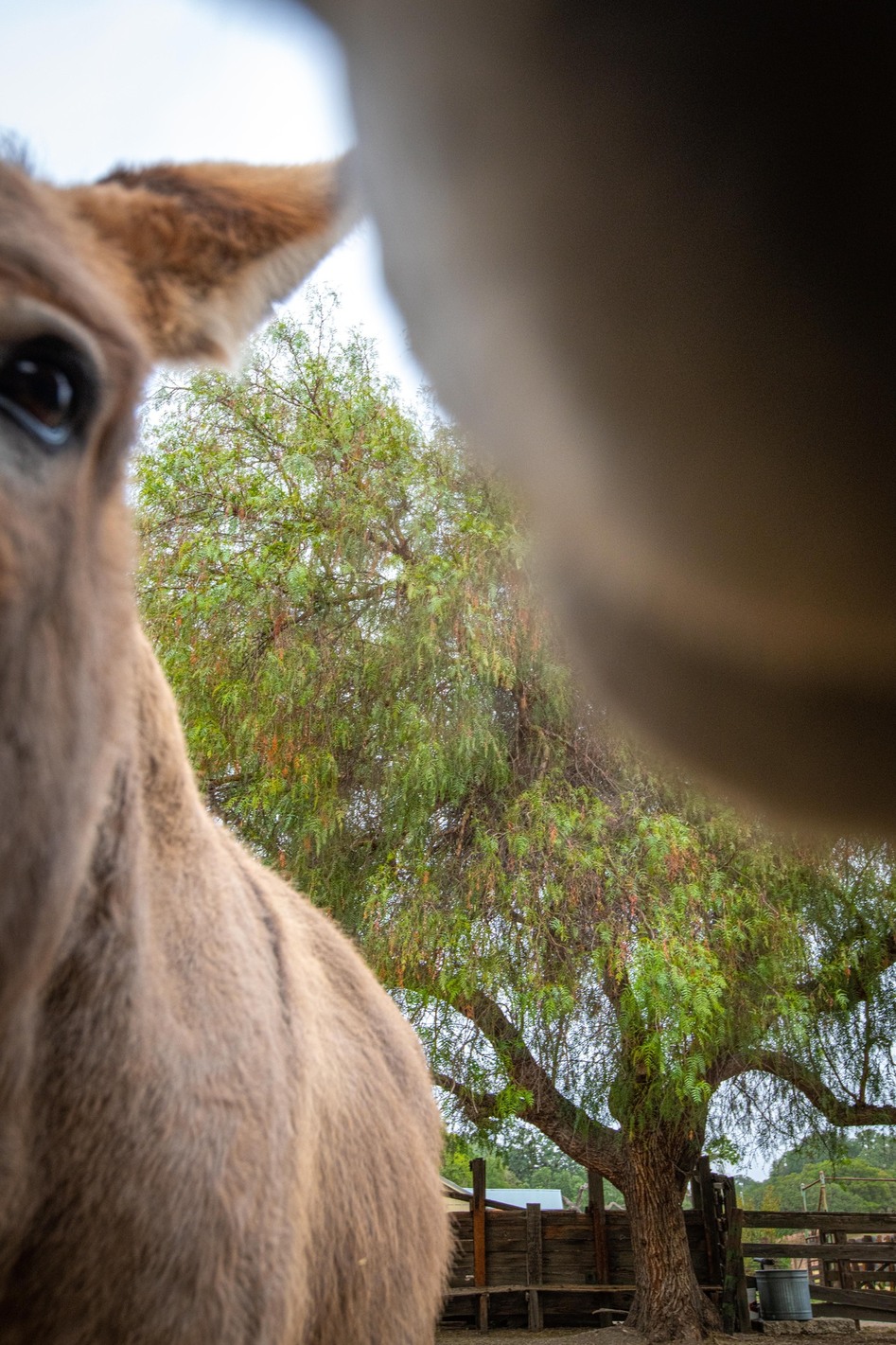Doing Yoga to Buzzing Flies and a 1985 Recording by Vladimir Horowitz
for Jeff Hardin
I read your poems until my heart says stop—
black butterflies landing on dead seedpods.
Even on this island in northern Canada
the news intrudes. This morning is gray clouds,
pines and cedars, a kerfuffle of crows,
persistent crickets. I put on a recording
of Horowitz to do yoga to. It starts with
the youthful joy of Mozart,
moves to Chopin’s melancholy chords,
then to the passion of Schubert’s Impromptu.
All these exquisite notes were composed
in times of war, poverty, plague,
as the times when Horowitz played them, as now.
How long has humankind been so unkind,
and why, as your poems ask, when there’s
beauty to behold and be beholden to,
are we such tribal, fearful creatures?
When I lie down in corpse pose, I am close
to tears. I miss my mother, gone a year
from the small world she loved. Flies buzz
at the windows. Die! I say with each swat.
My compassion is cirrus thin, continually shredding,
this long grief exhausting but never
spent, like bad pennies, like wishes.
Why write, you ask, will this ever break?
Horowitz said, To find their meaning,
one must look behind the notes.
________________________
Debra Kaufman
Review by Robbie Gamble
First off, the title alone is to die for: notes of Emily Dickinson, the artistic breadth of Vladimir Horowitz transporting us, as the poet stresses, across times of war, poverty, plague; and the poet herself struggling to center in her body in ritual movement through the well of her own grief. And then the questions raised by Jeff Hardin’s poems, the tension between beauty and the ugliness of human nature. The poem pivots around an extraordinary enjambment, “When I lie down in corpse pose, I am close// to tears…” What is she close to? we wonder while crossing over that stanza break: death? resignation? understanding? Then the cathartic release of the swatting violence channeled laterally at the flies. And finally coming home to the quiet wisdom of Horowitz “one must look behind the notes.” A beautifully sketched emotional journey.
Review by Paul Pruitt
This poem presents an excellent reaching forth of disparate yet connected images–the restless solidity of nature; the glory of music and musicians; the persistent brutality of humans to humans; and the pain of loss. Finally, and mysteriously, Kaufman and Horowitz unite to tell us that we must “look behind the notes.”

